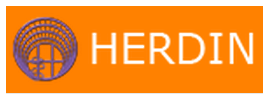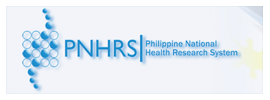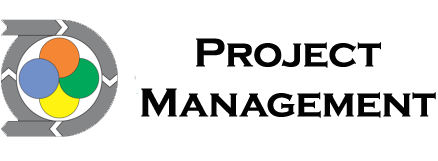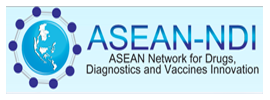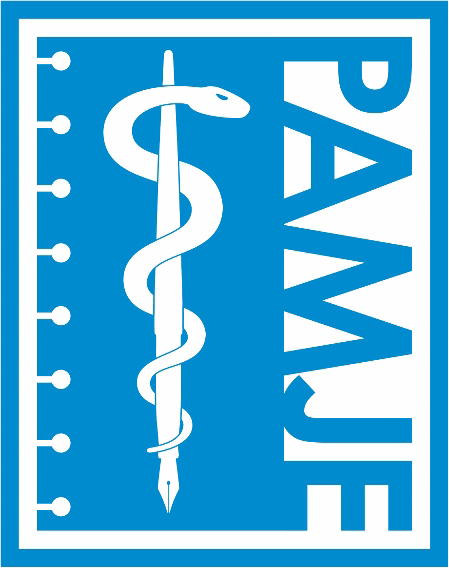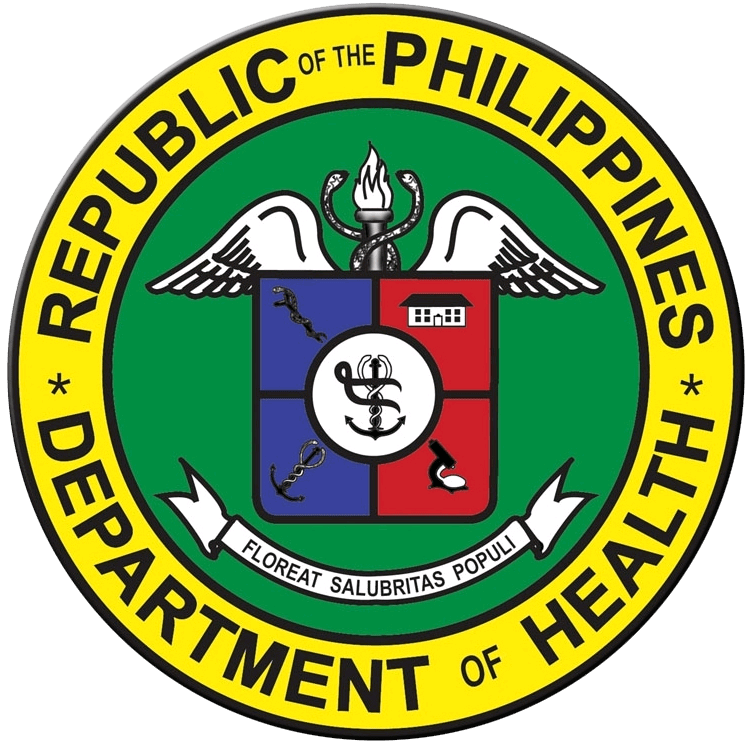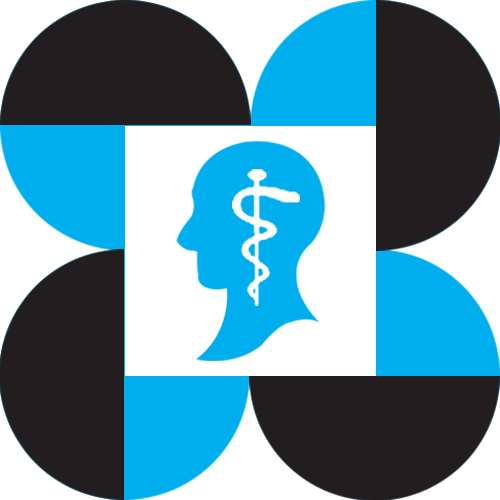LEGAZPI CITY, Jan. 4 (PIA) -- With the recent onslaught of heavy rains triggering floods in parts of Bicol region, the Department of Health is urging the public to be cautious of ricochet effect of floodwaters on health, through the spread of water-borne diseases.
According to DOH Bicol OIC director Dr. Napoleon L. Arevalo, heavy rains and typhoons can pose health risks to the public especially to vulnerable groups including children and elderlies.
“We should always be vigilant and ready for this increases the risk of communicable diseases and other hazards. Water-borne diseases to look out for include typhoid fever, cholera, leptospirosis, and hepatitis. Dengue and influenza will also be prevalent these days,” Arevalo said.
Arevalo noted the need for enough rest, exercise, and healthy diet to boost the body’s resistance.
He also urged the public to practice proper waste disposal to prevent water-borne diseases resulting from water contamination and to ensure safe sources of water and food.
“The public should always be in tuned with weather forecasts and follow evacuation advice from their barangay. Always have an emergency kit ready,” Arevalo added.
An emergency kit should be a watertight box or container with canned goods, crackers, bottled water, and other ready-to-eat, non-perishable food items. A flashlight with extra batteries, transmitter radio with battery, mobile phone, blanket, and clothing should also be included.
Furthermore, Arevalo reiterated for the public to be cautious, proactive and ready should the hazards of heavy rains and WILD diseases affect their family and locality.
“Remember, when symptoms manifest we should take the patient to the nearest health center or hospital for proper medical interventions. Do not self-medicate,” he said.
Here are other tips from the DOH to prevent health hazards and WILD diseases or Water-borne infectious diseases, Influenza or flu, Leptospirosis, and Dengue.
- Employ rain gear such as umbrellas and raincoats to avoid exposure to rain and cold weather. Keep yourself dry and warm.
- Avoid crowded and poorly ventilated areas.
- Avoid close contact with people who appear unwell and who have fever and cough.
- Drink only safe water. Boil water for 2 minutes if in doubt.
- Refrain from eating food bought from sidewalk vendors to prevent food borne diseases. Food should be well-cooked. Leftovers should be covered and kept away from household pests.
- Drain stagnant water from open containers such as drums and old tires, which are the breeding places of mosquitoes. Ensure that drains and gutters and sewage lines are not clogged.
- Do not wade or swim in floodwaters to prevent leptospirosis.
- At all times, observe good personal hygiene and environmental sanitation. This include thorough washing of hands with soap and water especially before eating or touching the eyes and nose with the hands.
- Consult a doctor at once if you, or any household member, have any sign or symptom of infection. This will help prevent the spread of infection in the evacuation area.
- Put safety first. Stay away from hanging wires and unstable structures.
- Tune into the radio or TV, or log on to the Internet, for regular updates on the weather.
- Have an emergency kit ready.
- Watch out for falling debris (roof tiles, signs, GI sheets, tree branches, etc.)
- When inside the house or building, do not stay near the windows and watch out for broken glass.
- Unplug all electrical appliances.
- Evacuate to a higher ground. Do not get close to the riverbank or seashore.
- Secure children on a higher ground or on a flotation device.
- Wear a protective head gear or helmet while evacuating.
- Watch out for open manholes or side ditches. Use a stick to check the safety around your feet when walking on flooded areas.
- Call for help. (SAA/DOH5/PIA5)

